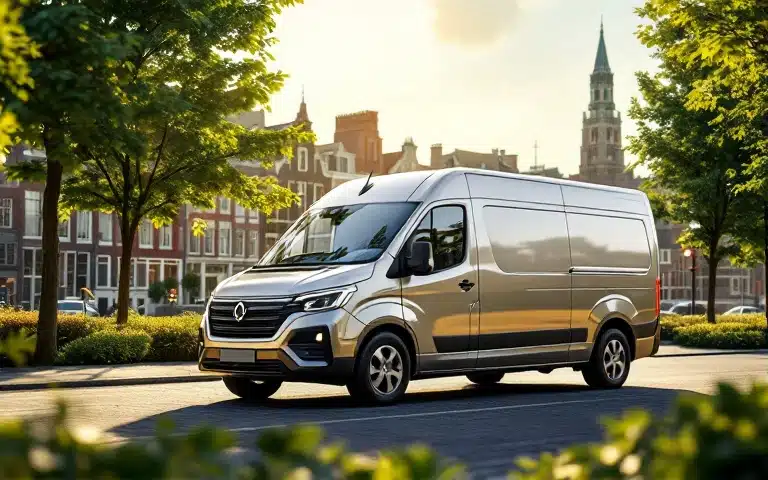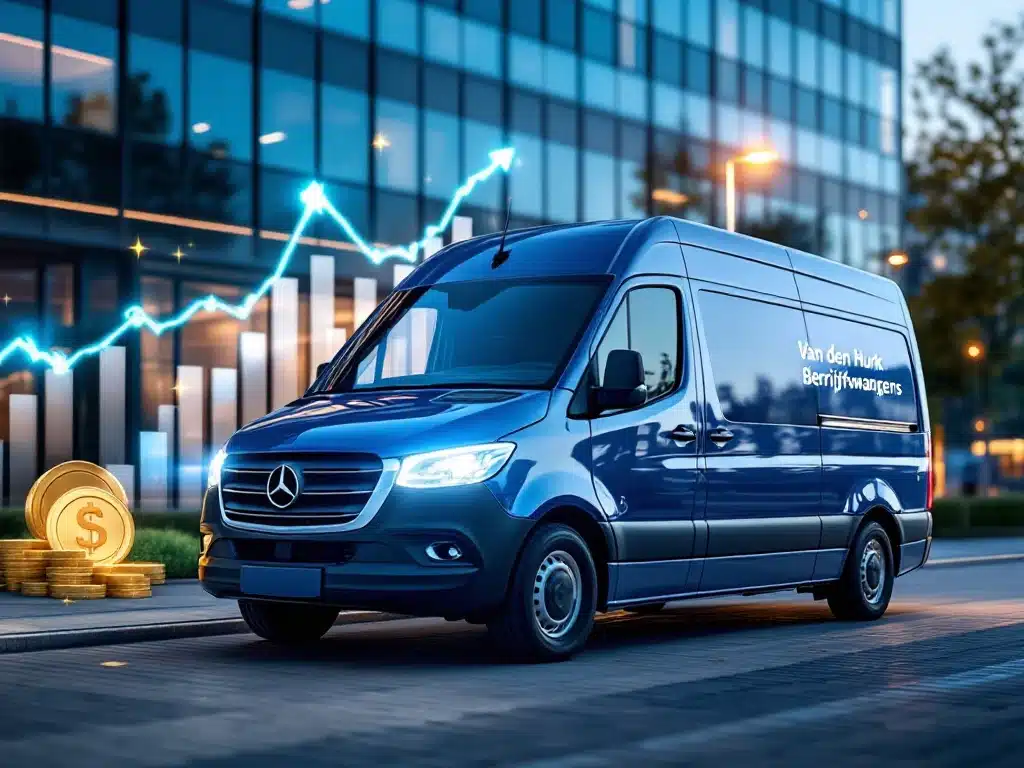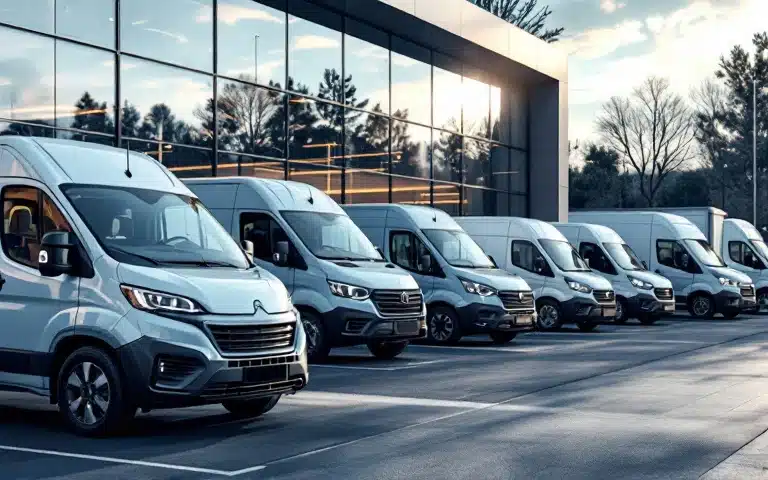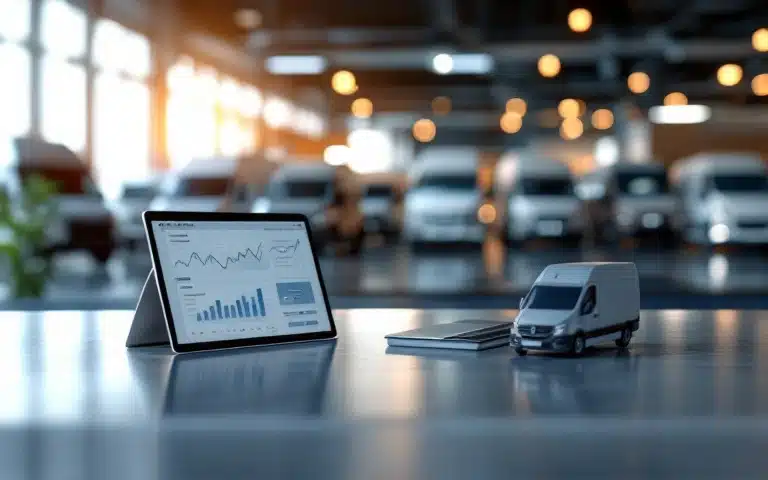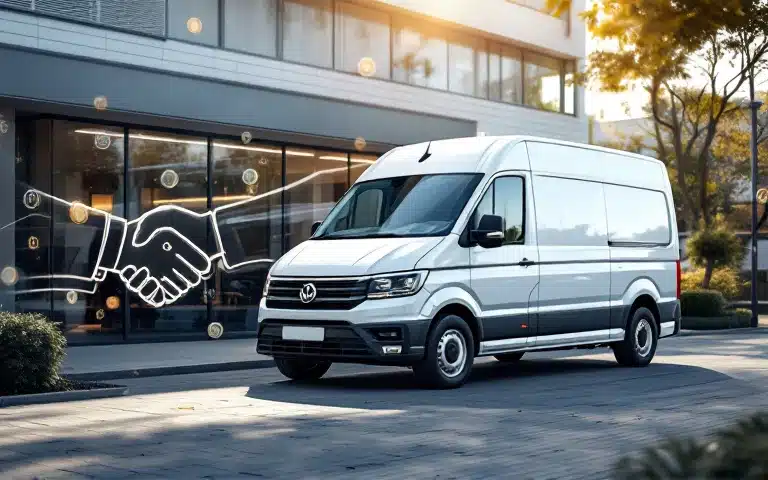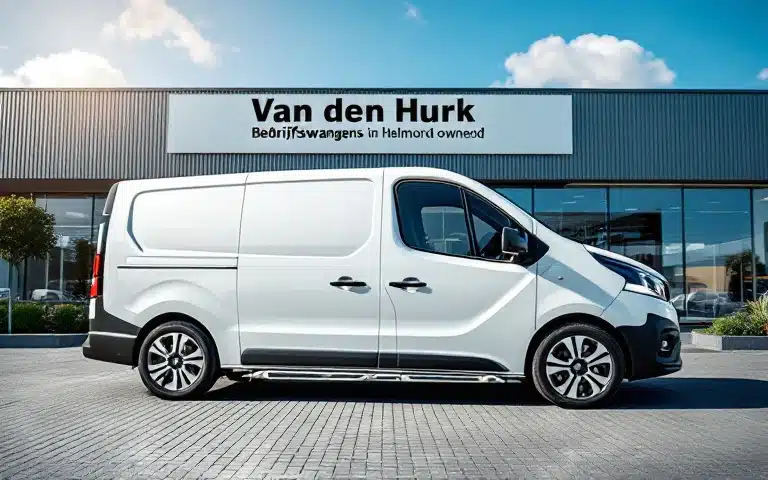What are the costs of financial leasing company cars?
How are the costs of financial leasing calculated?
When considering financial leasing for commercial vehicles, it is important to understand how lease rates are calculated. The cost is affected by several factors. First, there is the purchase price of the commercial vehicle. A higher-priced car will naturally incur higher lease costs. Next, the duration of the lease contract also plays a role. A longer term often results in lower monthly payments, but can lead to higher overall costs in the long run.
In addition, the interest rate is a crucial factor. The creditworthiness of your company can affect the interest rate you are offered. Finally, there are any additional costs, such as administration fees or charges for modifications to the car, which may also be included in the lease cost. Considering all these factors will give you a clearer picture of the lease rates you can expect. Read more about financial lease To make an informed decision.
What are the pros and cons of financial leasing?
Financial lease offers benefits that are attractive to many businesses. One of the biggest advantages is that you immediately become the economic owner of the company car. This means you can depreciate the car and take advantage of tax benefits. Moreover, you have certainty about fixed monthly costs, which helps with budgeting.
However, there are also disadvantages to consider. With financial leasing, you are responsible for maintaining the car, which can entail extra costs. In addition, you bear the residual value risk; if the car is worth less than expected at the end of the lease period, this can have financial consequences. So it is important to make a good assessment of your usage and the expected depreciation.
How do the costs of financial leasing differ from operating leasing?
Financial lease and operating lease differ in a few key ways. With financial lease, you become the economic owner of the company car, which means you benefit from ownership advantages such as depreciation, but are also responsible for maintenance and residual value. Operating lease, on the other hand, is more like renting; you pay for the use of the vehicle without becoming an owner.
This means that with operating leases, costs are often more flexible, but can also be higher because maintenance and other services are included in the rates. It is a good option if you do not want to invest in owning a car and are looking for flexibility. The choice between the two depends heavily on your company's specific needs and preferences.
What factors influence the monthly lease price?
The monthly lease price of a company car can be affected by several elements. The term of the contract is an important factor; longer terms reduce monthly payments but increase the total cost. The type of commercial vehicle also plays a role. More luxurious or specially equipped vehicles tend to have higher monthly charges.
In addition, the creditworthiness of the lessee affects the interest rate and therefore the monthly cost. A good credit rating can result in lower interest rates and hence lower monthly payments. It is important to factor in all these factors when considering a leasing option that suits your financial situation.
Is financial leasing right for your business?
Financial leasing can be an excellent choice for different types of businesses, but it is important to consider whether it suits your specific situation. Self-employed people who want to keep their working capital free can benefit from low initial costs. For medium-sized businesses that need multiple vehicles, financial leasing offers the possibility of spreading costs without large upfront investments.
Large companies can use financial leasing to optimise their cash flow through staggered payments. However, it is important to consider your company's long-term goals. If vehicle ownership is a priority and you want to reap the benefits of tax breaks and depreciation, then financial leasing is definitely worth considering. If you have questions about how we can help you with this, we at Van den Hurk Bedrijfswagens are ready to work with you to find the best solution.




